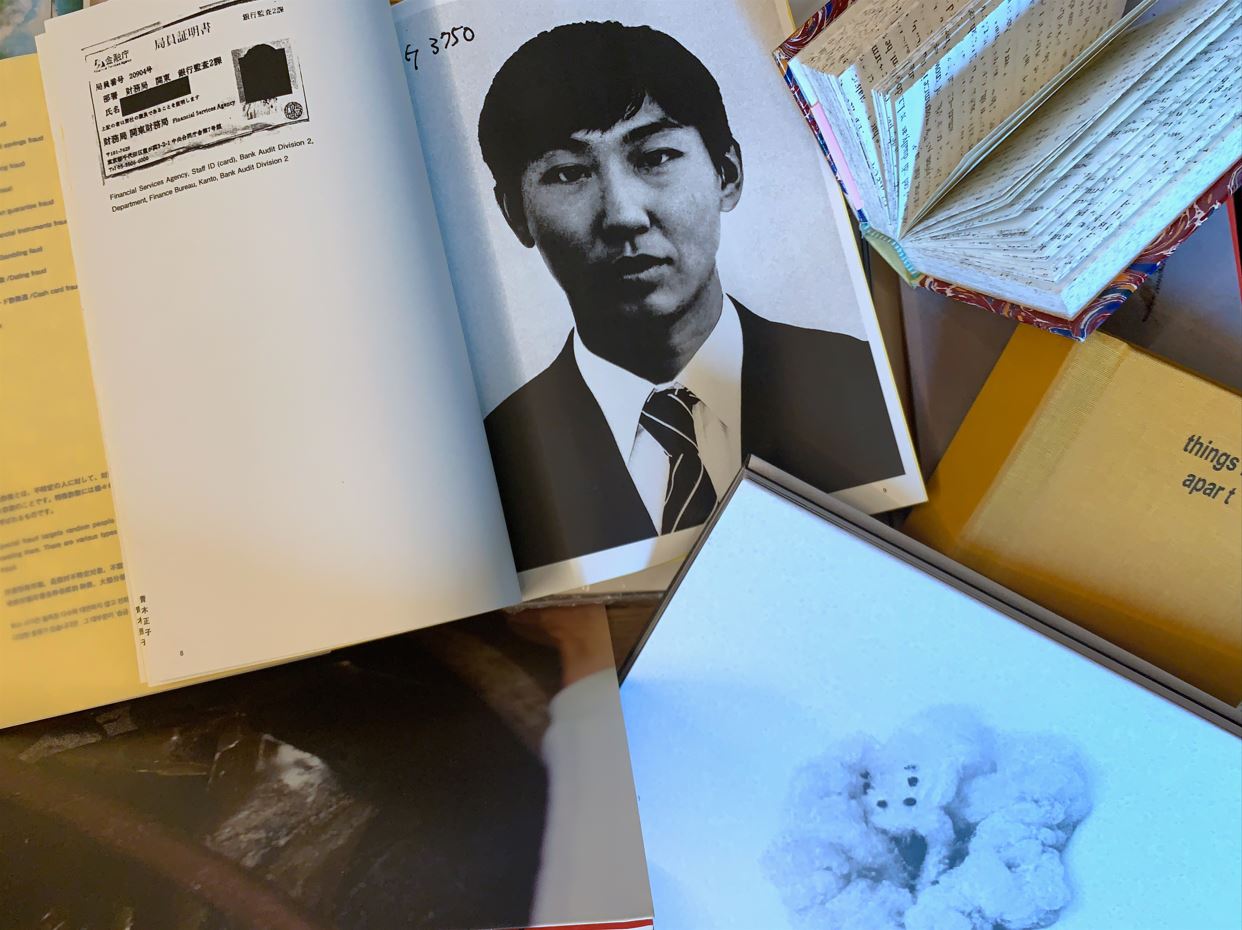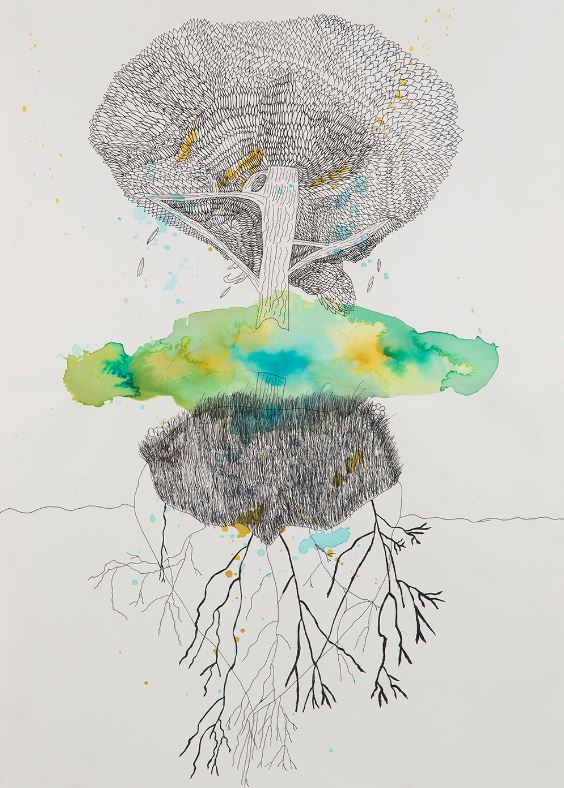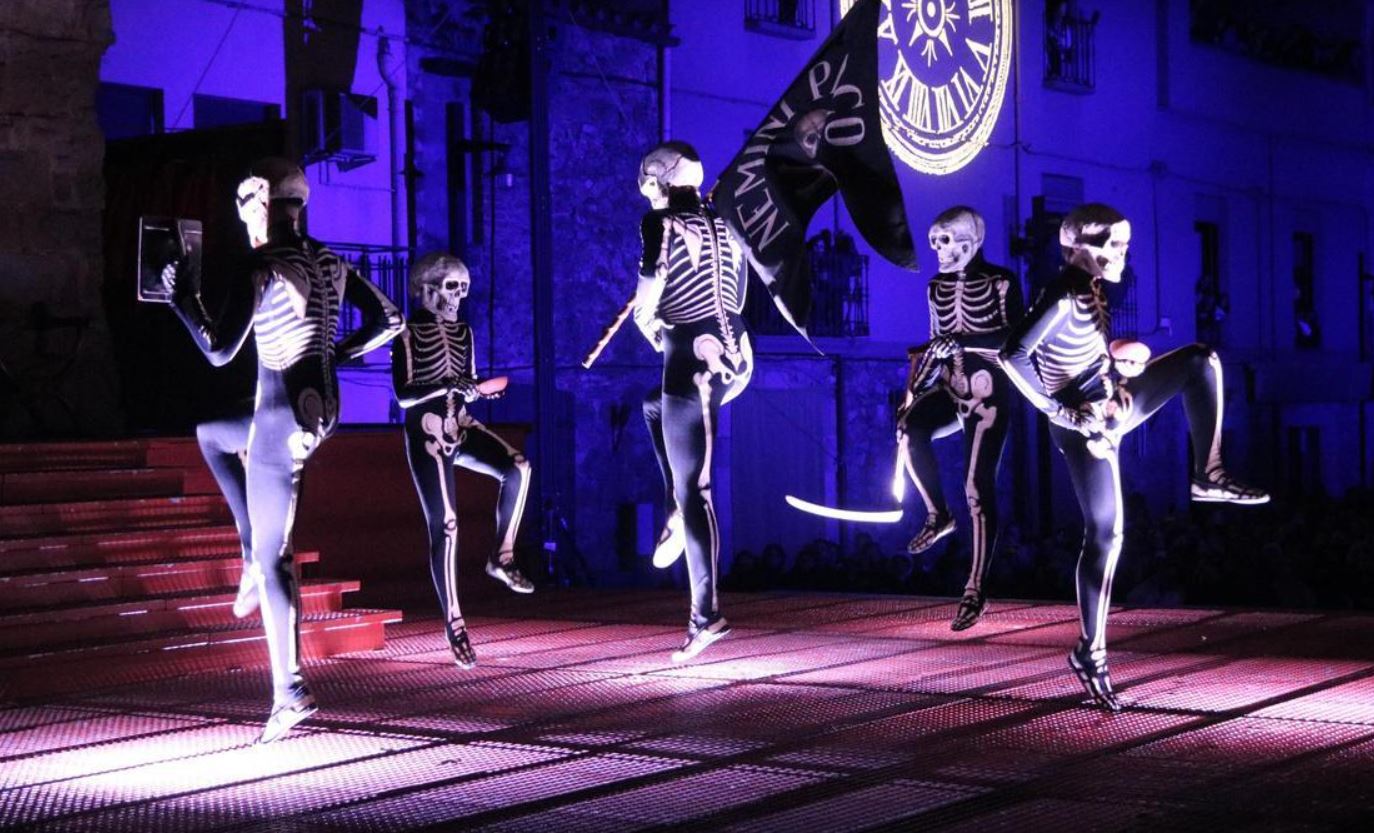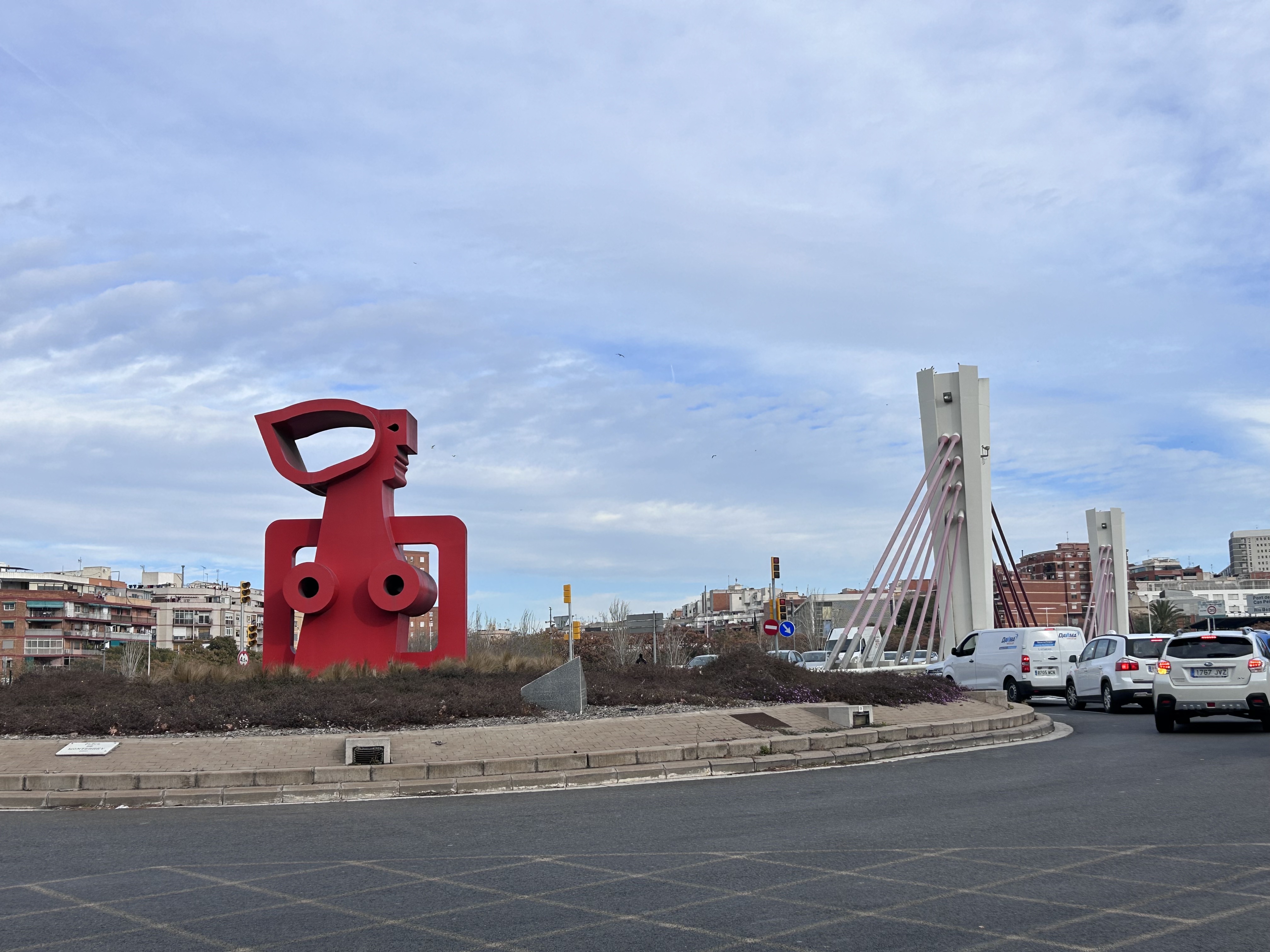contests
The 2024 Panoramic Festival begins
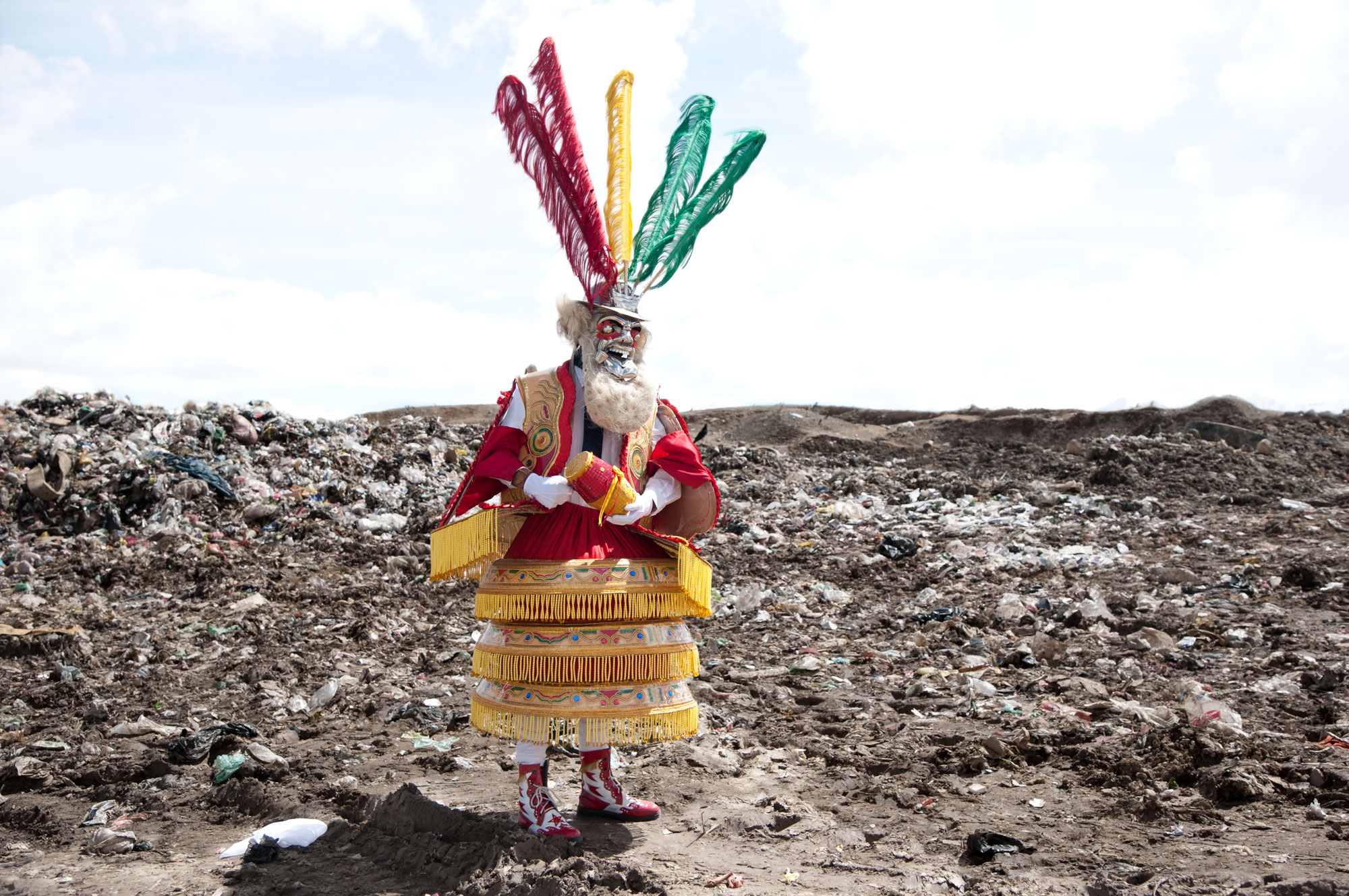
The Panoràmic Festival 2024, celebrating its 8th edition, has established itself as one of the most relevant events in the Catalan cultural scene dedicated to the image, both still and moving. This event, which will take place from October 10 to December 29, once again emphasizes the interdisciplinary dialogue between photography, film, video and other forms of contemporary visual expression. This year, the festival extends its duration by almost a month and incorporates a new venue, Terrassa, which is added to those already established in Granollers and Barcelona.
Each edition of Panoràmic revolves around a specific theme, and this year it focuses on "Extremes" , a concept that directly challenges the great contemporary challenges. The theme highlights how polarization defines our time in different areas, and encourages participating artists to offer critical readings of these tensions. Despite the promises of globalization and technological progress, the 21st century has seen how these dynamics of polarization have intensified, exacerbating social, territorial and economic inequalities.
The festival addresses how the accumulation of wealth and power in the hands of a few generates new tensions, which favor the rise of populist movements and authoritarian ideologies, eroding democracy. The artists of Panoràmic 2024 explore these phenomena through topics such as migration, new forms of slavery, forced displacement and job insecurity. At the same time, utopian alternatives, forms of resistance and social organization are proposed that could break these destructive dynamics, bringing a deeply reflective and experimental component to the festival.
This year, the festival will have three staggered openings. The first will take place today, October 10, in Granollers, with a conference by curator Mercè Alsina. On October 24, Barcelona will celebrate its inauguration at the Lluís Coromina Foundation, while Terrassa, the festival's new headquarters, will open on November 14 at the Tobella Archive and Sala Muncunill.
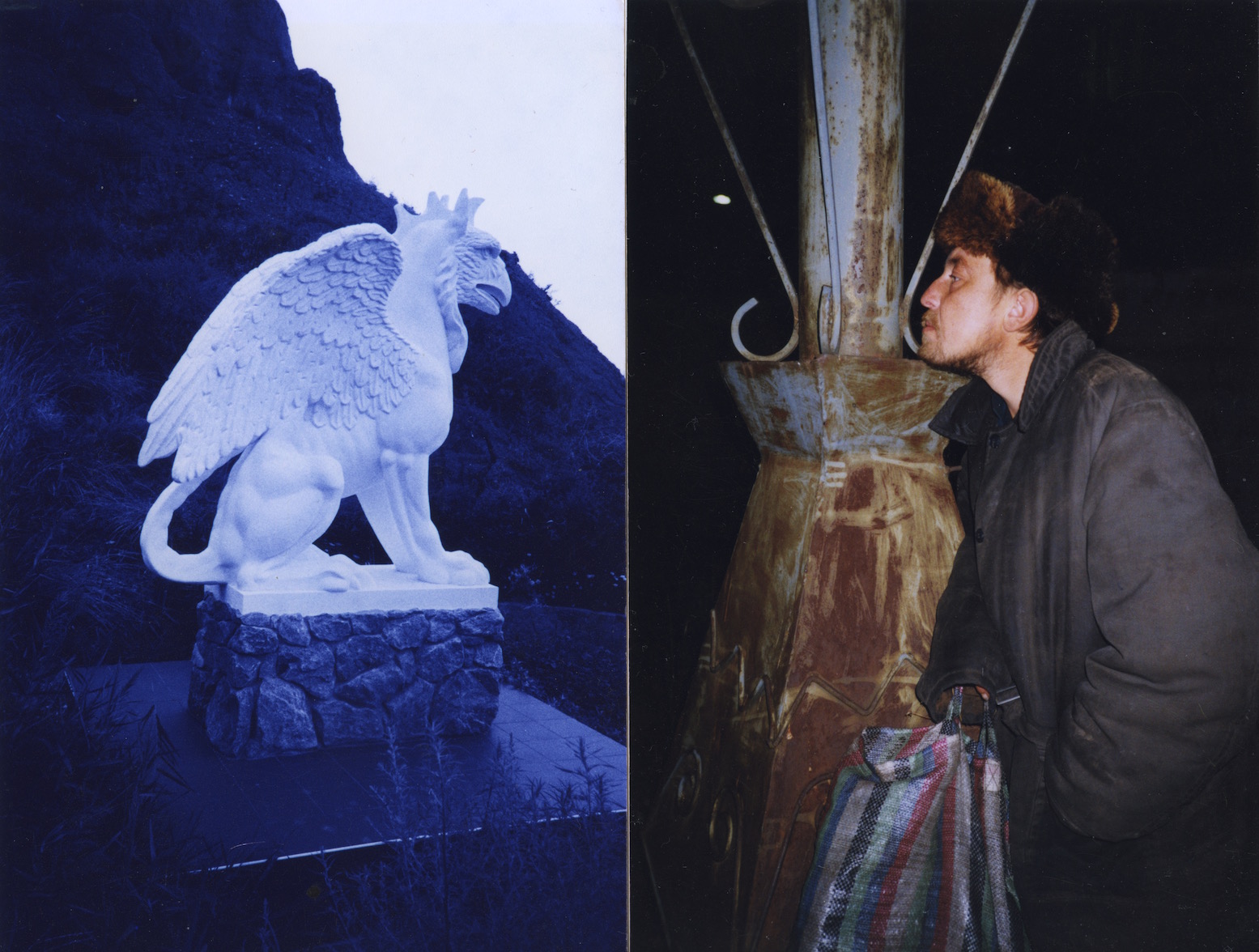 'La penúltima temptaió d'un fotògraf indomable', Boris Mikhaïlov
'La penúltima temptaió d'un fotògraf indomable', Boris Mikhaïlov
Granollers: epicenter of the Panoramic Festival
Granollers will host most of the activities during the first phase, from October 10 to 24, at the Roca Umbert Fàbrica de les Arts, with various exhibitions and activities.
One of the most prominent exhibitions of this first phase is 'The Temptation of Death' by Boris Mikhaïlov , a Ukrainian artist who addresses the darkest moments of the 20th and 21st centuries, such as the fall of the Soviet Union and the current war in Ukraine . Through a raw and disembodied look, Mikhaïlov questions photography as a historical document, generating a reflection on death and survival in extreme political contexts, especially relevant at the current moment.
Alba G. Corral 's work, 'Les petes coses', which uses algorithmic programming to create a generative and abstract universe, also stands out. Inspired by the experiences of Montse Cruz, a worker at the Roca Umbert textile factory, Corral elevates seemingly insignificant daily tasks to the protagonists of her work, offering a reflection on the hidden beauty in the small details of daily life.
In another vein, Núria Güell presents 'La sexuality de l'amo', an exhibition that explores the structural sexism and abuses of power that dominate our societies. Through a critical reflection on the "new masculinity", Güell questions traditional gender roles and patriarchal structures, inviting the public to rethink the concepts of authority and power, while proposing new imaginaries about desire and coexistence.
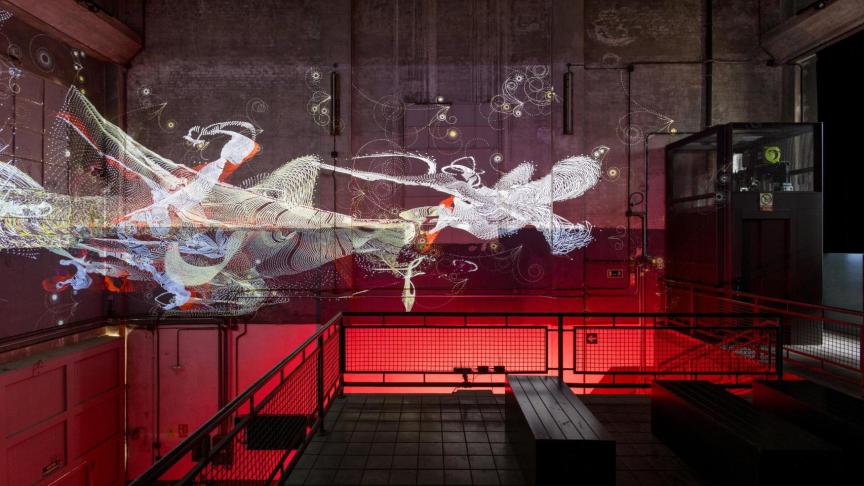 'Les petites coses', Alba G. Corral
'Les petites coses', Alba G. Corral
In addition to these three key exhibitions, the festival has other very interesting proposals. Thania Petersen , with 'Vannie Kaap', connects her Afro-Asian roots with the Sufi tradition to examine the colonial history of South Africa, while Demian Schopf in 'Los coros menores' combines elements of globalization with Hispanic-indigenous references to subvert culture of masses
Rabih Mroué , in 'Like Snow in the Middle of Summer', addresses aerial violence and its consequences in the social fabric, exploring the reliability of memory in the history of Lebanon. The Bolivian artist Aruma | Sandra De Berduccy , with 'Illasamay', fuses ancestral Andean weaving techniques with modern technologies, claiming a tradition that is at risk in the face of neoliberal hegemony.
Exhibitions such as 'NON STEREO-TIP, open policies of desire', curated by Amanda Cuesta , question violent stereotypes in the representation of desire, while the project 'Com un ciclón', curated by Moritz Neumüller , addresses social inequalities and the climate change through the photobook. Marta Ros , with 'LLUÍÍÍÍÍÍÍS! Choreographies with the archive', rethinks collective representation through historical photographs, and the duo formed by Alfonso Borragán and Paula Bruna , in 'Arthropomorphismes. Invertebrate Tuning Essays', explores the coexistence between humans and arthropods.
This set of exhibitions fully reflects the theme of the festival, providing diverse perspectives on the "Extremes" of our time and opening spaces for new forms of coexistence and cultural resistance.
